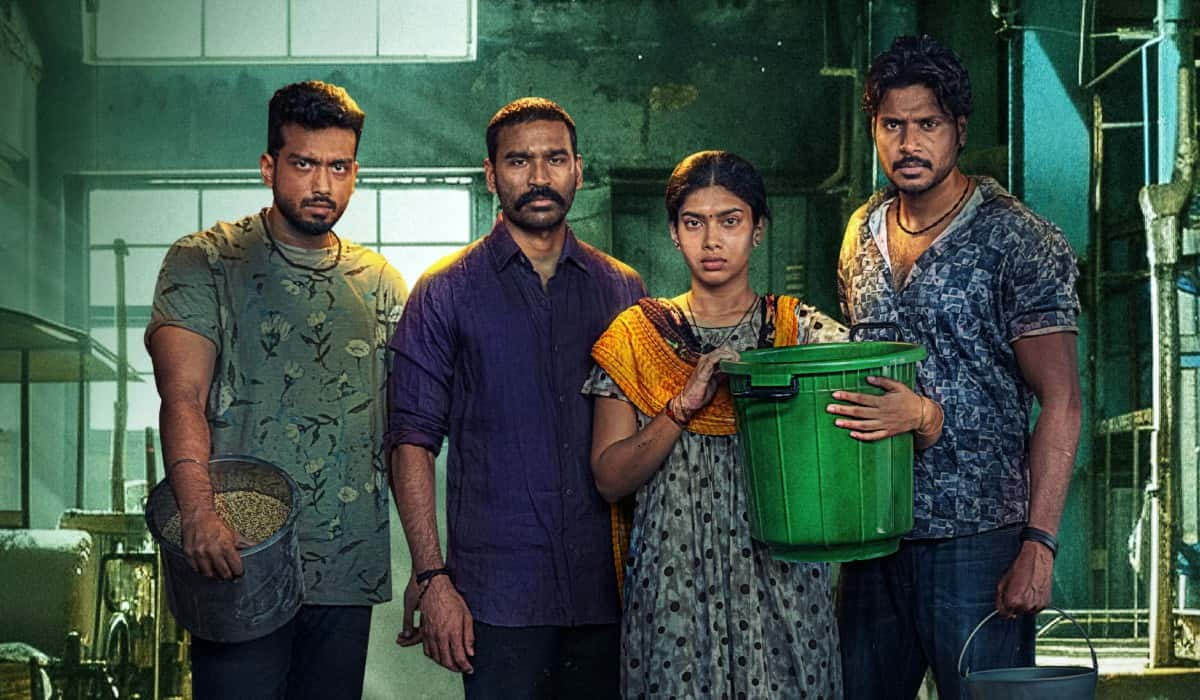
Avenge the endgames: Why some shows drag on and on
6 days ago | 15 Views
The thing about any good story is that it must ultimately end. But the way things are going, on TV and streaming networks, it seems like ends only spawn loose ends. Shows drag on and on. Finales, when they finally approach, serve as set-ups for sequels, prequels and spin-offs. Whatever happened to one satisfying climax?
Curb Your Enthusiasm, on since 2004, has followed the misadventures of TV writer and producer Larry David for 24 years. Season 12, which aired recently, will be the last one. We’ve been watching Homer fumble through life for 35 seasons of The Simpsons (Those of us who are still watching, anyway). Meanwhile in Shondaland, Grey’s Anatomy is 20 seasons old. Meredith Grey, after whom the show is named, has left. McDreamy, her love interest, who gave us soulmate goals, was killed off in Season 11. Grey’s BFF, Christina Yang, left in Season 10. What’s everyone still watching, for, exactly?

Showrunners and TV studios have selfish reasons to keep a show on air. Audiences are already roped in, a story is already unfolding amidst a competitive streaming landscape, it’s easier to tweak an existing show than risk launching a new one. Spin-offs do well enough to recover their money.
It’s why those poor kids, on the sofa, listening to How I Met Your Mother, have (like us) endured nine years of storytelling for one lacklustre meet-cute. And why those Two Broke Girls (2011-2017) had to stay more-or-less broke through seven seasons – where does a show go after characters overcome the initial struggle?

Crime shows buck the trend. Somehow, we’re happy with an endless stream of procedurals that culminate, consistently, in an arrest. It’s the thrill of watching a puzzle being solved by someone else, while you keep one eye on the TV and the other on your phone. Law & Order: Special Victims Unit has been on since 1999. That Irish-American cop family in Blue Bloods has been eating Sunday lunch together since 2010.
Netflix’s first breakthrough show, Orange is the New Black (2013-2019), didn’t just win Emmys and applause. The episodes about a US women’s prison won us over with its well-fleshed-out characters (We love you still, Crazy Eyes!). Here’s what they did smartly. They ended the show at just the right moment, leaving us wanting for more, not letting us down.

And Netflix knows that limited-edition shows are a better showcase for their content. The Queen’s Gambit (2020), about an orphaned chess prodigy and her addiction during the Cold War, wraps up in one season. HBO’s Mare Of Easttown, a lockdown favourite, closed its case in seven succinct episodes.
This is what the people masterminding the Harry Potter Universe (eight films, three prequels, one play and we’re hearing news of a TV show reboot of the OG books) haven’t figured out. There’s magic in a great story, but the best magic of all is knowing when a story has been told, and then leaving it alone.














